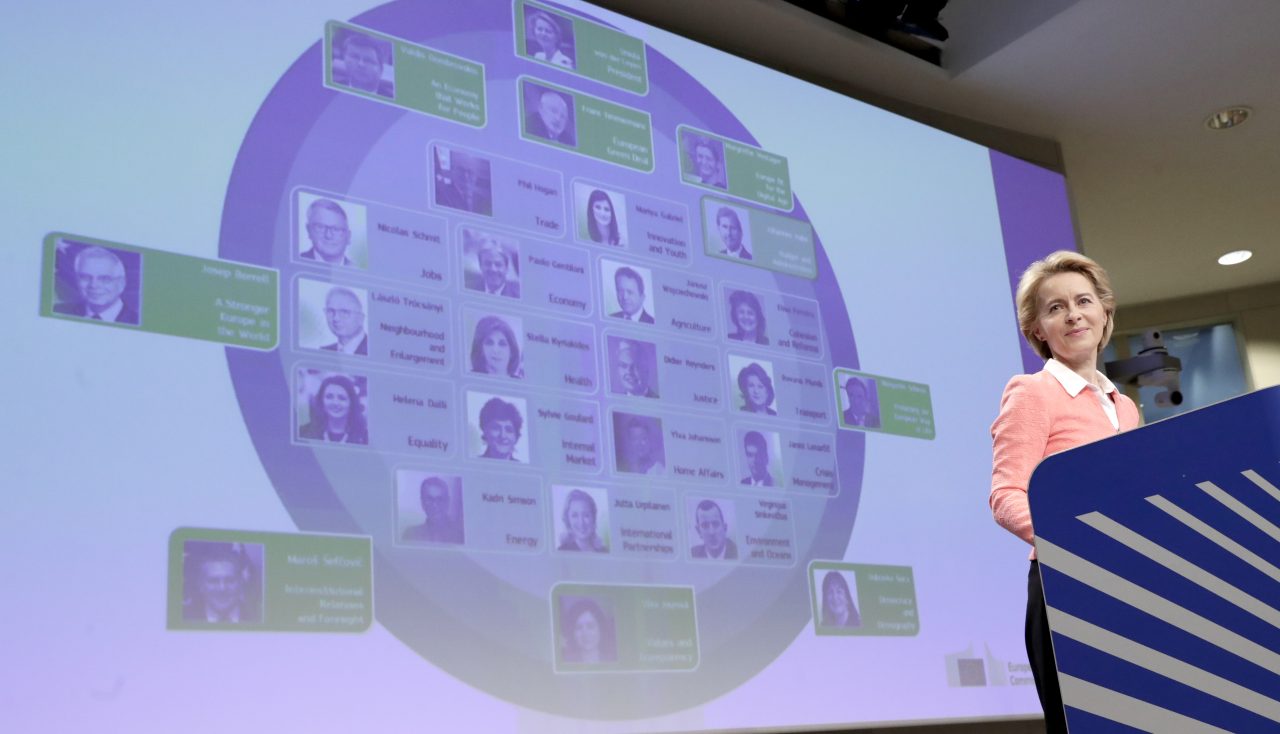However, regarding the one person who might be by far the most important to AEC and its field of activities, a confirmation seems unproblematic. Bulgaria’s Mariya Gabriel is still the second youngest in the von der Leyen team, and at the age of 40 years she can already look back on a successful period as EU Commissioner for Digital Economy and Society. She has held this position since 2017 and stood out in this time through focusing on the subject through an innovation-friendly approach.
So, this time she will most likely become Commissioner for Innovation and Youth. The controversial point in connection with her possible appointment is therefore not her profile at all, but the fact that – unlike in the past – the terms 'Culture' and 'Education' will no longer be part of the portfolio's title. In light of the fact that AEC has always regretted that the term 'Arts' does not appear at all either in any official statement or in any political agenda of the European Commission, omitting the term 'Culture' at this point seems like blank mockery.
And so it was quite obvious for AEC to immediately join an initiative, signed by numerous organisations from the sector of culture and the arts, to call on Ursula von der Leyen to make culture visible again in the Commissioner’s job title. After all, the reorganisation of the portfolios has however the positive side effect that the areas of research, higher education and culture will now be brought together under one single roof.
First meetings with some of the new Members of the European Parliament (MEPs) are already taking place these days. More contacts with representatives of the parliamentary committee on Culture and Education (CULT), whose denomination will by the way remain unchanged, are on the to-do lists of AEC CEO Stefan Gies and the new AEC Advocacy and Communication Officer Gabriele Rosana, who has just recently joined the AEC office team and whom we hereby warmly welcome.
Of course, lobbying for the higher music education sector vis-à-vis politics and policy-makers is one of AEC's main duties as part of its advocacy activities. At the same time, we should not forget the countless contacts that AEC maintains with partner organisations which are active in areas relevant to our work at European or international level.
We are proud to say that the number and, above all, the intensity of these contacts have greatly increased this year.
To remind just a few examples from these months:
– the ELIA Academy (Stuttgart, 25-27 September), organised by ELIA in cooperation with AEC;
– the prominent role that AEC has at the annual ENCATC Congress (2-5 October, Dijon) by presenting and facilitating a panel on Higher Music Education and Culture Management;
– the IMZ Academy (Vienna, 29-30 October), which is a workshop on Entrepreneurship specifically targeted at AEC members;
– the creation of a task force on Artistic Research, recently formed on AEC's initiative with the aim of bringing together all those organisations that are active in the field and to make them speak with one voice when it is about addressing shared concerns to the outside;
– increased collaboration with sister associations such as NASM, SEADOM and College Music Society, which perform similar tasks as the AEC, but outside Europe.






